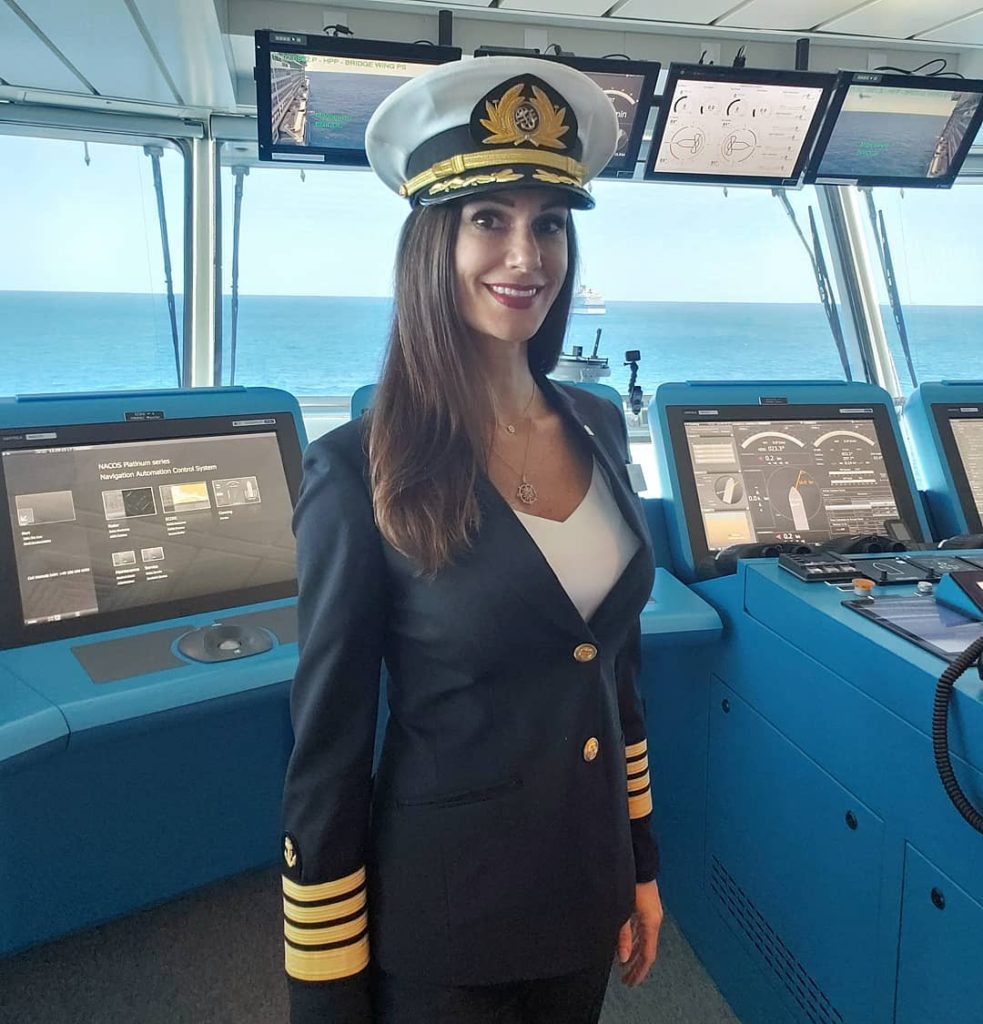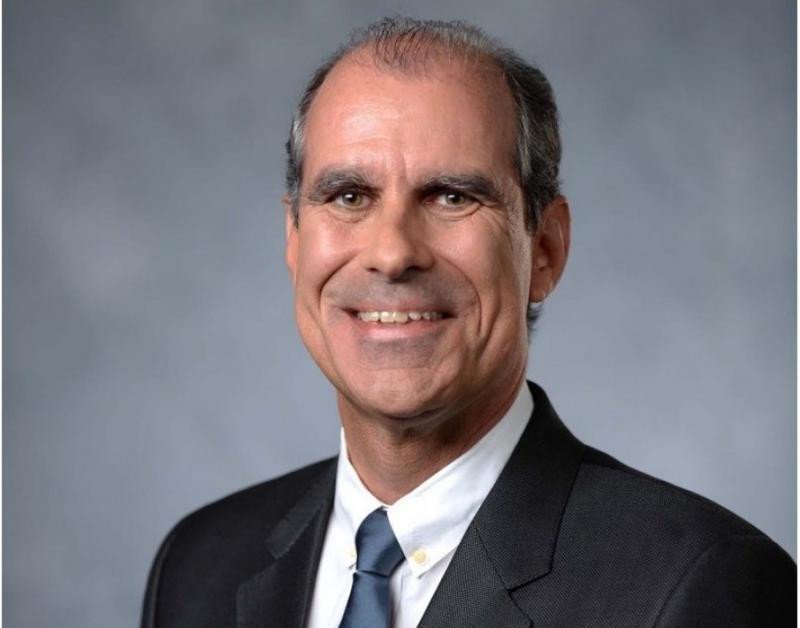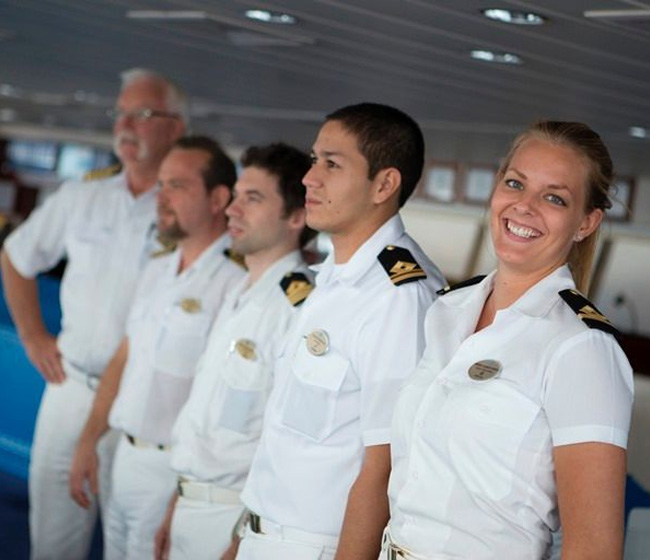Table Of Content
- GM-owned Cruise "failed to disclose" full video and key crash details, DMV said.
- Supreme Court divided on homelessness case that will affect California encampment policy
- Steelhead trout, once thriving in Southern California, are declared endangered
- Lucid slashes prices for its luxury EVs for the third time in seven months
- A Cruise car hit a pedestrian. The company’s response could set back California’s new robotaxi industry
- More from this stream Self-driving cars: Google and others map the road to automated vehicles

This isn’t the first time Cruise has gone through a leadership shuffle. Barra ousted Dan Ammann as Cruise CEO in December 2021, replacing him with Vogt, who at the time was chief technology officer. Ammann, who had once competed with Barra for the top spot at GM, wanted to keep the focus on robotaxis, while Barra and the GM board wanted to go big, including putting Cruise’s technology in luxury Cadillac vehicles. The announcement at CES certainly seemed to confirm that version of events.
GM-owned Cruise "failed to disclose" full video and key crash details, DMV said.
Cruise subsequently announced a "pause" of all of its driverless operations in the US, which includes San Francisco, Austin, Phoenix, Houston, Dallas, and Miami. GM CEO Mary Barra would routinely invite him to appear on earnings calls or to speak at investor conferences in a sign that the automaker was fully invested in Cruise. Barra herself went onstage at CES in 2022 and declared that GM would sell fully autonomous vehicles, powered by Cruise’s technology, to regular people by mid-decade.
Supreme Court divided on homelessness case that will affect California encampment policy
But Ammann also oversaw some setbacks, most noticeably the decision to delay a planned launch of a robotaxi service in San Francisco in 2019. The company has yet to commit to a new date but has implied it will be in 2022. By Andrew J. Hawkins, transportation editor with 10+ years of experience who covers EVs, public transportation, and aviation.
Cruise CEO Kyle Vogt quits amid turmoil over driverless cars - Los Angeles Times
Cruise CEO Kyle Vogt quits amid turmoil over driverless cars.
Posted: Mon, 20 Nov 2023 08:00:00 GMT [source]
Steelhead trout, once thriving in Southern California, are declared endangered
Ammann was at the center of GM’s initial investment and acquisition of Cruise. Vogt even mentioned his connection to Ammann while onstage at SF Disrupt in September 2018. When Ammann first joined GM in 2010 as vice president of finance and treasurer, his first task was to manage GM’s initial public offering. At the time, Ammann’s appointment as Cruise CEO seemed to signal that an IPO could be a goal. Vogt expressed optimism about Cruise's future without him, saying the team is "executing on a solid, multi-year roadmap and an exciting product vision."
Cruise co-founder and CEO Kyle Vogt resigns
A spokesperson for Cruise said the company had accepted Vogt’s resignation. “Cruise is still just getting started, and I believe it has a great future ahead,” Vogt said on X. He was named CEO in 2022 and formerly held that position from 2013 to 2019, according to his LinkedIn profile. Employee discontent was further inflamed last week when Cruise suspended its employee share-selling program for the fourth quarter. Sources who spoke to TechCrunch on the condition of anonymity said they could lose upwards of tens of thousands of dollars as a result of this decision.
Lucid slashes prices for its luxury EVs for the third time in seven months
The DMV’s order of suspension stated that Cruise withheld about seven seconds of video footage, which showed the robotaxi then attempting to pull over and subsequently dragging the woman 20 feet. The California Department of Motor Vehicles suspended Cruise's deployment and testing permits for its autonomous vehicles after that incident. "When there is an unreasonable risk to public safety, the DMV can immediately suspend or revoke permits," the regulators said in a statement at the time. The automaker’s driverless car subsidiary, Cruise, announced last night the resignation of Kyle Vogt as CEO.
While his departure is apparently unrelated, it does raise questions about the business side of Cruise, aspects of which Ammann and Watson would have been focused on. Cruise had grown from a small startup with 40 employees to more than 1,000 by the time Ammann took over. "As for what's next for me, I plan to spend time with my family and explore some new ideas. Thanks for the great ride!" Vogt wrote.
Latest California
Toyota’s vision for a futuristic city teeming with self-driving cars has been significantly delayed. In 2022, AV investments went down nearly 60 percent year over year as startups struggled through layoffs or outright closures. The company subsequently paused driverless operations nationwide, appointed a new chief safety officer, recalled all 950 of its vehicles, and retained an outside group to perform an independent safety audit. "Today I resigned from my position as CEO of Cruise," co-founder Kyle Vogt wrote in a post on twitter.com.

It’s unclear, but GM has already tightened the reins by signaling that layoffs would be coming. Cruise has already laid off many of the contract workers who do maintenance and fleet operations for the company. But now it seems like Cruise employees are at risk of losing their jobs as well.
CEO Pay in Hospitality 2023 By Keith Kefgen - Hospitality Net
CEO Pay in Hospitality 2023 By Keith Kefgen.
Posted: Tue, 23 Apr 2024 09:19:07 GMT [source]
Vogt sent out an email Saturday saying that certain employees could sell a limited number of shares in a one-time opportunity. Vogt didn’t provide many details but said the company was developing a plan to conduct a new tender offer to provide restricted stock unit liquidity to mitigate potential tax implications. The initial layoffs included contract workers who had jobs cleaning, charging and maintaining the vehicles as well as answering customer support inquiries. Not all contingent workers, who are employed by a third party, were laid off.
The agency alleged the self-driving-car company, which reportedly had roughly 400 cars operating in San Francisco, withheld video of a Cruise robotaxi dragging a person down a street. Later that month, Cruise suspended operations across all of its fleets and said it was working to strengthen public trust. Dan Ammann, the CEO of Cruise, the autonomous vehicle company that is a wholly owned subsidiary of General Motors, is stepping down, the automaker announced late Thursday. Kyle Vogt, the co-founder of Cruise and its chief technology officer, will take over as interim CEO. Since then, the autonomous vehicles have drawn complaints for making unexpected, traffic-clogging stops that critics say threaten to inconvenience other travelers and imperil public safety.

Kyle Vogt, a founder of Cruise, resigned from the company on Sunday, weeks after it suspended all of its self-driving operations. GM didn’t provide a reason for Ammann’s departure except to say he was leaving to “pursue other opportunities.” A spokesperson for Cruise declined to provide any additional comment. "Cruise and GM, we're really totally aligned now on accelerating the joint autonomous vehicle strategy that we outlined at our recent investor day," GM President Mark Reuss told CNBC a day after Ammann left the company. Vogt replaces Dan Ammann, a former president of GM, who was unexpectedly ousted from Cruise in December.
"The startup I launched in my garage has given over 250,000 driverless rides across several cities, with each ride inspiring people with a small taste of the future," he also wrote. Kyle Vogt has resigned as CEO of Cruise, General Motors' autonomous vehicle unit, as questions build about the safety of self-driving cars. Former Tesla and Lyft executive Jon McNeill, a member of GM's board of directors since 2022, was appointed vice chairman of the self-driving unit's board after Vogt's resignation. In 2020, he presided over the rollout of the Origin, the company’s first purpose-built autonomous vehicle. Under his leadership, the company acquired rival AV startup Voyage and raised enough investment to bring its valuation up to $30 billion.
First, a Nissan Sentra "tragically struck and propelled the pedestrian into the path of the AV," Cruise said in a description of the incident. The CEO of self-driving car firm Cruise resigned yesterday following an accident in which a Cruise robotaxi dragged a pedestrian 20 feet. California officials accused Cruise of withholding key information and video after the accident, and the company's self-driving operations are on hold while federal authorities investigate. Morale at Cruise has been low since the October 2 incident, with employees pointing the finger at poor management that didn’t prioritize safety at the company. Without commercial permits to operate in San Francisco and an internal decision to pause its driverless fleets in other states, the company laid off contract workers, further deepening the malaise.
Vogt confirmed his resignation Sunday night in a social media post on X, formerly known as Twitter. He did not give a reason for the resignation, and said he plans "to spend time with my family and explore some new ideas." Vogt will retain his prior positions of chief technology officer and president of the company.

No comments:
Post a Comment